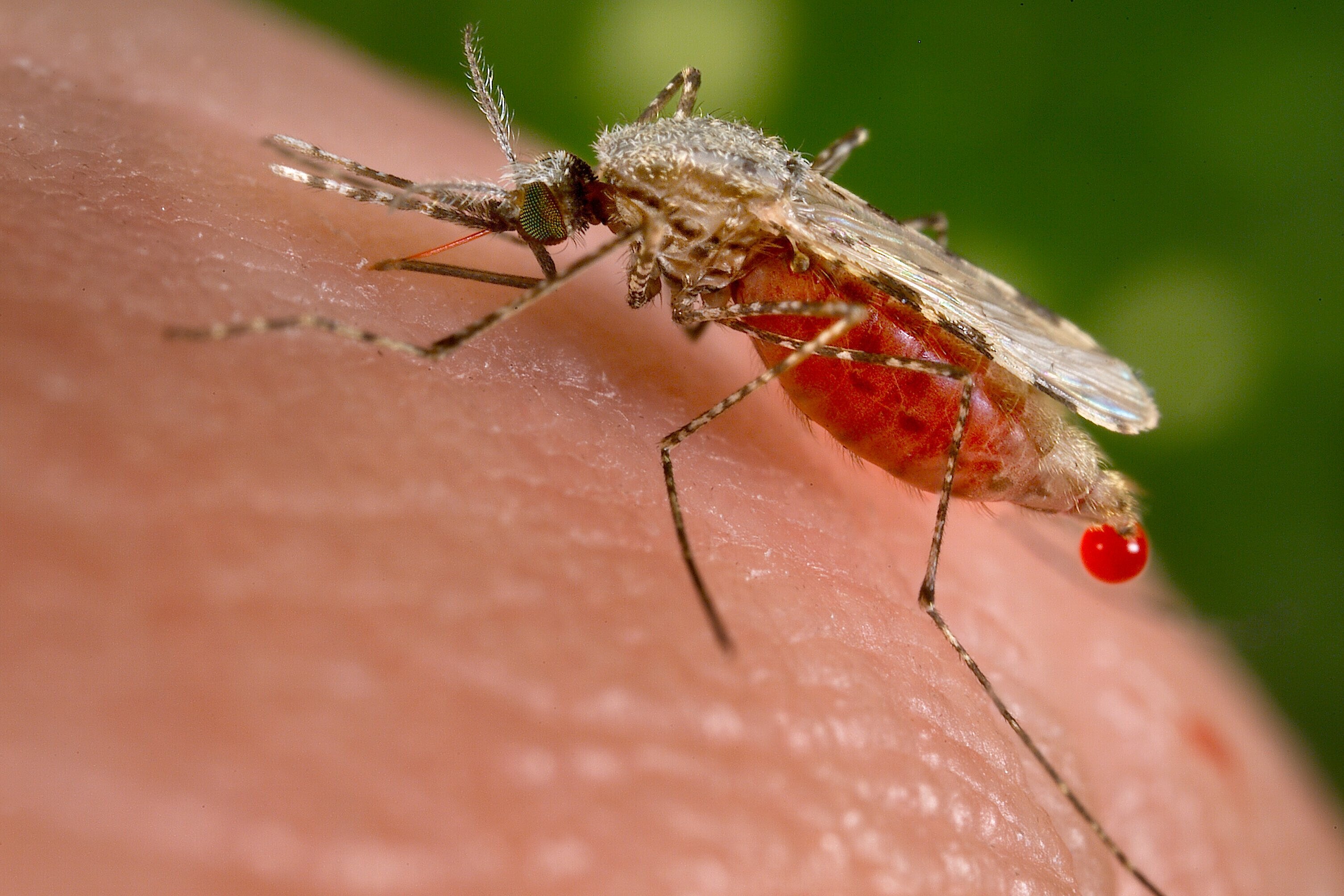The infectious disease malaria causes more than 600,000 deaths annually and threatens about half of the global population. As the malaria pathogen Plasmodiumfalciparum is increasingly developing resistance to the drugs used to treat it, research into new active agents is crucial. Researchers in the Department of Microbial Natural Products led by Prof. Rolf Müller at HIPS are working on the development of a novel class of drugs to combat malaria. The "ChloroMalaria" project, led by Dr. Andreas Kany and Dr. Jennifer Herrmann, focuses on the development of chlorotonils, a class of natural products first isolated from the soil bacterium Sorangium cellulosum in 2008. The GO-Bio initial-funded project aims to optimize the drug class for malaria therapy and develop a cost-effective manufacturing process. HIPS is a site of the Helmholtz Centre for Infection Research (HZI) in collaboration with Saarland University.
The GO-Bio initial program is funded in two phases. In the exploratory phase, which has already received funding since October 2022, ideas for exploitation as well as implementation strategies have been developed under the direction of Dr. Andreas Kany. In the now following two-year feasibility phase, further development steps up to the "proof of principle" will be carried out together with partners from the University of Tübingen under the leadership of Dr. Jana Held. This includes tests against further, partly resistant strains of the malaria pathogen and clinical isolates as well as the analysis of transmission inhibition of malaria and the evaluation of the drug candidates in malaria mouse models.
The long-term goal of the ChloroMalaria project is the approval and commercialization of the substance "dehalogenil", a derivative of chlorotonil specifically adapted to malaria therapy. "In view of the increasing development of resistance, there is an urgent need for new drugs against malaria. Dehalogenil provides an extremely promising starting point for this, and we want to drive the development of this active ingredient further," says Müller. Dehalogenil represents a new class of active ingredients and is characterized by a unique activity against both sexual and asexual stages of the malaria pathogen. So far, no development of resistance has been observed under laboratory conditions, which makes the compound extremely promising. The aim of the next funding period is now to address key steps in the further development of the substance towards approval. In addition to the above-mentioned steps to characterize the anti-malarial activity, this also includes optimizing the production of the active ingredient. In addition, aspects of safety pharmacology will be addressed to ensure the lowest possible risk of use in humans. In collaboration with the departments Microbial Drugs (Prof. Marc Stadler, HZI) and Drug Design and Optimization (Prof. Anna Hirsch, HIPS), the researchers are now focusing on production optimization with the aim of increasing the yield of the active ingredient to such an extent that sufficient material can be produced for the necessary follow-up studies. A later spin-off is expected to enable the development of a cost-efficient manufacturing process and the execution of preclinical and early clinical development.


